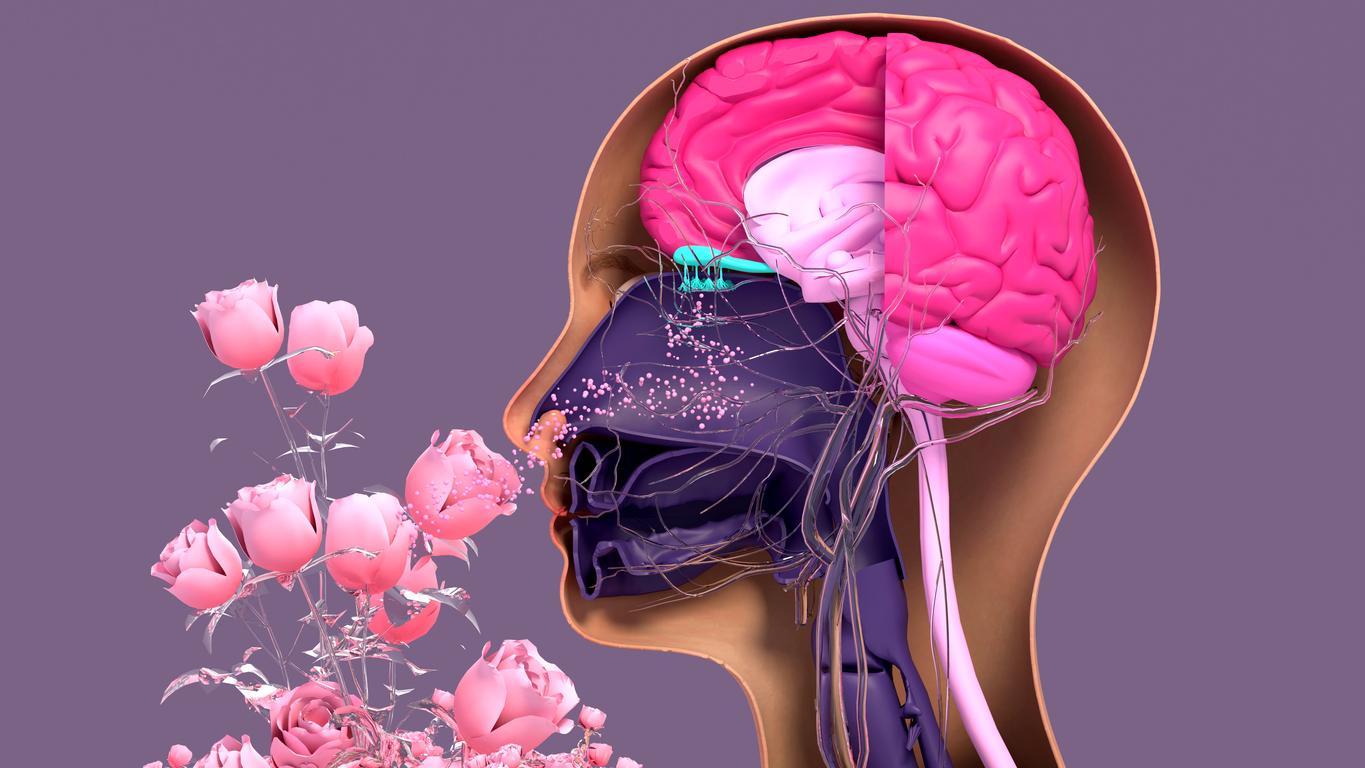The sense of smell is sensitive to the smell emitted by the activated immune system of a sick person, according to a scientific study published in the specialized journal Psychological Science.
A healthy body and a sick body do not have the same scent. According to the researchers of this study, there has already been scientific evidence that various diseases have peculiar smells. For example, tuberculosis patients smell of beer and diabetics have bad breath from acetone.
Smell is a very powerful principle for detecting certain diseases. Different scientific studies have concluded that sniffer dogs are effective in cancer screening. They have already shown that they are able to detect lung cancer in patients’ breath, bladder cancer in urine, and even prostate cancer.
Swedish researchers at the Karolinska Institute analyzed the ability of humans to smell disease. They also wanted to understand at what stage of the disease the bacteria revealed their smell.
Scientists injected eight healthy volunteers with lipopolysaccharide (LPS), (very active bacteria that quickly stimulate the immune system) or normal saline.
As predicted by scientists, participants who were injected with LPS had a distinct immune response, demonstrated by an increase in their temperature. A blood test confirmed the development of molecules related to the activity of the immune system.
Conclusive results
Four hours later, 40 other volunteers had to smell the testers’ t-shirts and analyze the scents.
They all felt that the clothes in the LPS group smelled stronger, more unpleasant, and more unhealthy than those in the healthy group. “In fact, it turned out that there is a link between immune activation and the unpleasant odor of the human body. The immune response triggers the unpleasant smell of sweat and very quickly, ”explains Professor Mats Olsson J, co-author of the study.
This preliminary study could be essential in the development of ” nose disease detector“.















